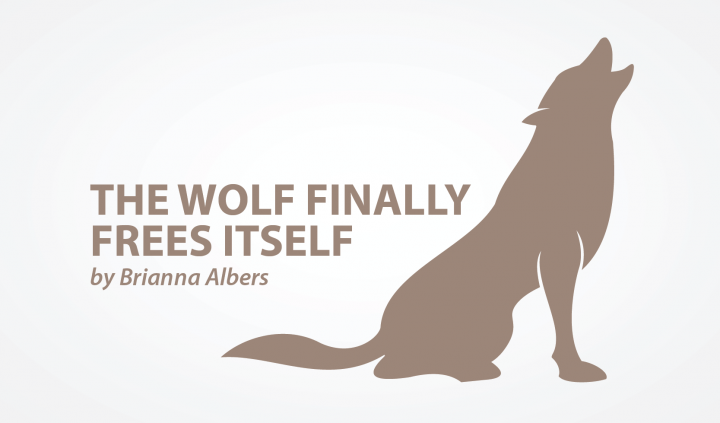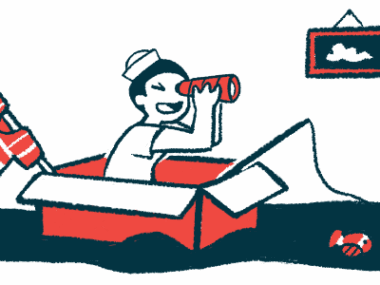Productivity and Survival Are 2 Sides of the Trauma Response Coin
Written by |

I keep hearing about “making the most of quarantine.” Learn a new skill! Finish that book you’ve been reading for months! Plant a garden! The possibilities are endless.
The issue is that productivity and survival are two sides of the trauma response coin. How you respond to trauma depends largely on your relationship with emotions.
I have always been in touch with my emotions. I can name them, trace them to their source, and usually even recognize them in other people. In the wake of trauma, however, I lose myself in feelings. I can’t get out of my own head. Productivity is my touchstone and helps to ground me. Concrete and accomplishable tasks give structure and purpose to my day.
On the opposite end of the spectrum are people who struggle with their emotions. To prevent themselves from feeling, they resort to productivity and busyness. Instead of facing the terrifying reality of the coronavirus, they devote themselves to whatever they can get their hands on, all to avoid the gritty mess of their emotions. Staying productive is a means of survival.
Most people lean one way or the other. Either they shut down or speed up. And it takes a significant amount of self-awareness to recognize your trauma response. Shutting down may manifest as fatigue, anhedonia, excessive amounts of crying, or numbness. Speeding up may consist of emergency plans and getting in touch with at-risk family members.
Both responses are valid. In fact, you will probably experience both ends of the spectrum during this pandemic. Some people start with processing their feelings and progress to strategic planning over time. Others jump straight to productivity and only confront their emotions once they’ve worked themselves to the bone. But getting stuck on one end of the spectrum is cause for concern.
Check in with yourself
Are you tense? Tired? Where are you feeling the brunt of this situation? Personally, I carry anxiety in my neck and shoulders. I tend to feel scattered and struggle to focus. These are clues to my emotional state and usually mean it’s time to slow down.
You can check in with yourself in a variety of ways.
- Meditate: Body scans help you explore the impact of stress or trauma on the body.
- Journal: You don’t need to start a journal to reap the benefits of self-reflection. Open a Google doc, find a notebook, or start Microsoft Word. Set a timer for 15 minutes and write whatever comes to mind. Don’t worry about punctuation or spelling — no one will read this but you. You can also record yourself talking if that’s easiest! Just do what you can to get those thoughts out of your head.
- Go outside: Observe social distancing, of course, but get outside if you can. Go for a walk. Sit at the end of your driveway and feel the sun on your face. Don’t listen to music or turn on a podcast. Just sit in silence.
Check-ins are especially important for people with chronic illness who, like me, have an intricate relationship with medical trauma.
Honor your needs
There’s no foolproof way of determining whether you’ve processed your feelings. You may find while journaling that you’re writing the same thing over and over again. Or you may feel an eerie sense of calm, like you’re ready to face the world. Or, like me, you may find yourself dreaming about what comes next.
I’m not trying to make the most of quarantine. But I am trying to treat it as a sabbatical. I’m taking things slowly and following my whims. But I’m also using this time to seriously reflect on what I want out of life. I will be graduating with my master’s degree in a few weeks, which means I’ll be free to pursue my dreams. What do they look like? How can I lay the foundation for those dreams right here and now?
Currently, I’m revising the first draft of my novel. I’m stuck at home, with no shining faces to distract me — there’s no better time to buckle down. But I also recognize that my capacity for productivity will depend largely on how I’m feeling, which changes daily. Sometimes I’m motivated; sometimes I’m down in the dumps. Sometimes I need to push through my feelings so I don’t get stuck; sometimes I need to sit with my feelings and let them teach me.
It’s a cycle. We adjust to our new situation only to undergo some momentous change, bringing us once again to the beginning of the loop. We survive, we thrive, and then we do it all over again. That is the human way. Leaning into that will strengthen us for the days to come.
Follow me on Instagram @briehalbers or subscribe to my newsletter for more mental health content.
***
Note: SMA News Today is strictly a news and information website about the disease. It does not provide medical advice, diagnosis, or treatment. This content is not intended to be a substitute for professional medical advice, diagnosis, or treatment. Always seek the advice of your physician or other qualified health provider with any questions you may have regarding a medical condition. Never disregard professional medical advice or delay in seeking it because of something you have read on this website. The opinions expressed in this column are not those of SMA News Today, or its parent company, Bionews Services, and are intended to spark discussion about issues pertaining to spinal muscular atrophy.




Rereading this because I need the reminder to take care of my needs (:
Been way too hard on myself lately!! Thank you<3 Also, tag, you're it!
Brianna Albers
<3 Glad it helped, Brad the dad!
Candis Butler
Thank you for writing this article. Goes along with what I am learning in my DBT group.
Brianna Albers
Thank you, Candis! I'm glad it resonated with you.